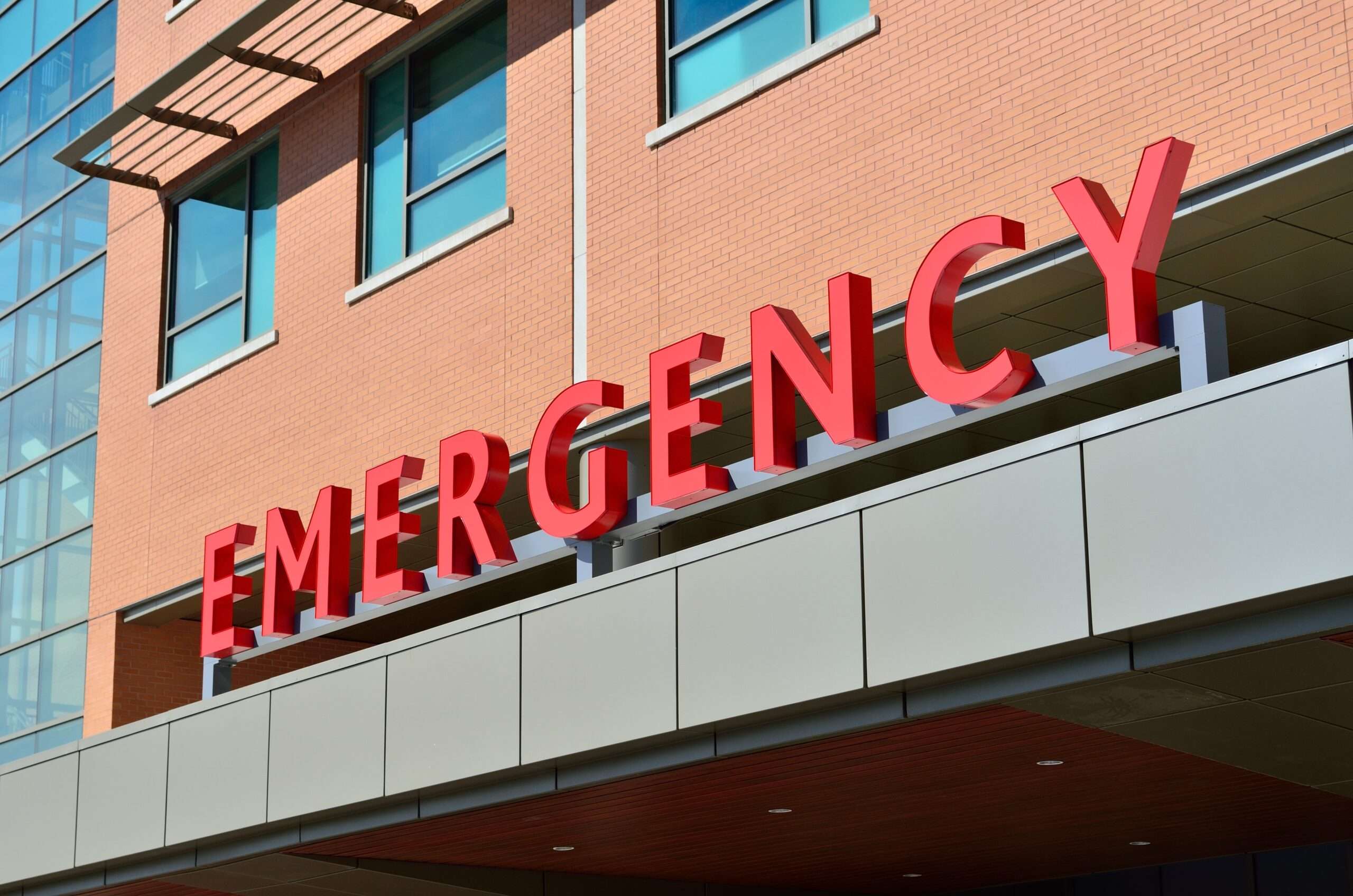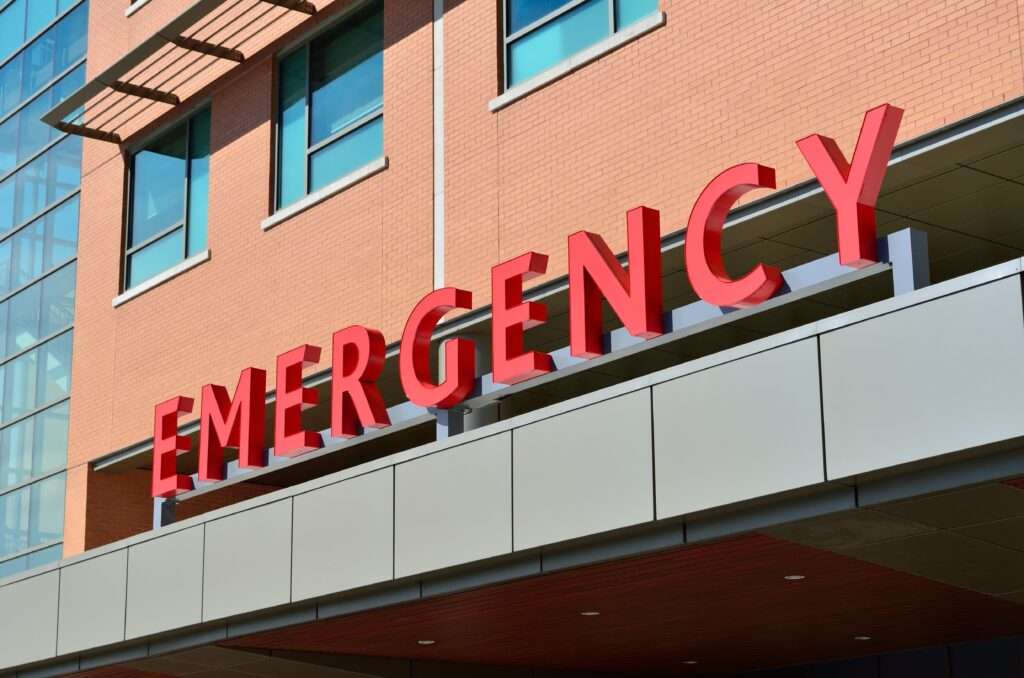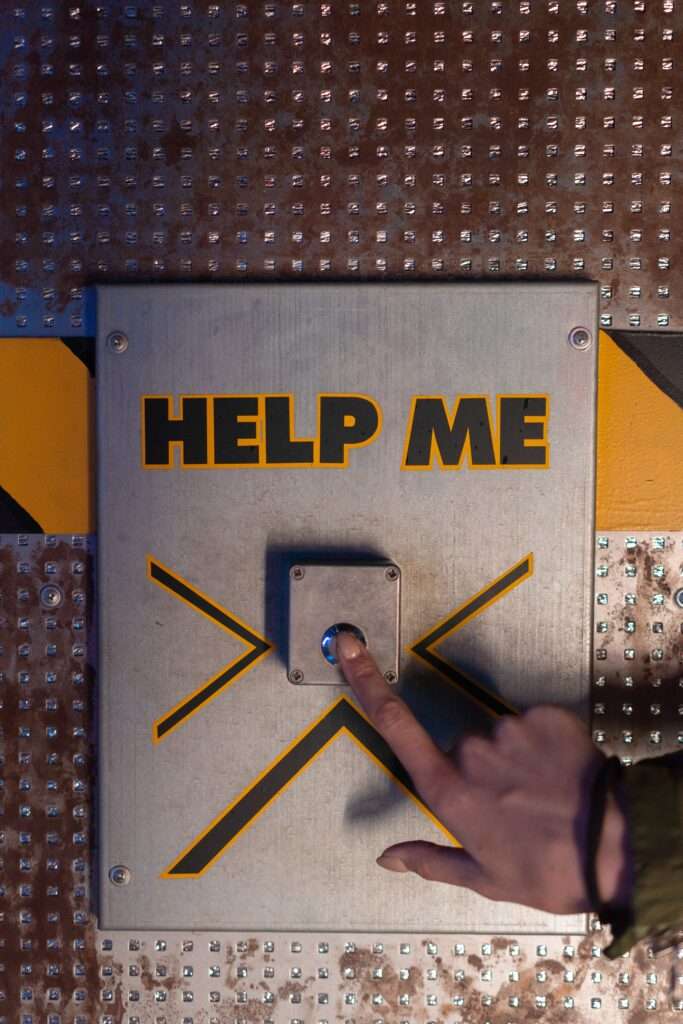
Urgent and unexpected bills are just the worst, aren’t they? And with the economic climate we are experiencing, there’s not a more important time than now to have an emergency fund.

From the likes of a sudden illness to valuable property damage or theft, or even an unfortunate death in the family, all these events require money to handle, and it can be very painful to do without an emergency fund. Especially if you aren’t so financially secure. You might have a sordid tale or two about this.
An Emergency fund is money set aside for unexpected and important expenses and serves as a good financial cushion to maintain your lifestyle in the face of unfavourable life events.
Unplanned expenses can wreck your budget if you use one and upend your plans totally. People end up digging into savings stashed away for other purposes to handle emergencies, or worse still, go into debt for it.
Contingency planning is therefore in order and an emergency fund is a must-have stash for you as an adult, even if you’re a student.
Is an emergency fund really important?
Imagine right now that you lost your only source of income. Or the person whose money you rely on did. It’s a scary thing to think about if it never happened before but stick with me here. If you suddenly have no inflow for a while, can you comfortably handle the next emergency?
What would you do to survive? Beg and borrow from someone close? Take a loan? Sell off assets and/or liquidate your investments?

With a good emergency fund, the above scenario wouldn’t be so terrifying. You’d have the peace of mind that comes with having that security blanket. One that can keep you going for a while without altering your current lifestyle.
Also, unfortunate events like a car, phone, and home repairs, or a death in the family would divert your money from the things you’d rather spend it on if you don’t have it.
Think of an emergency fund as the personal insurance that ensures you and your dependents are prepared for whatever comes next. Creating one helps to build your financial discipline and good financial habits as well. Plus, the security you would feel keeps your stress levels down, so you must take this seriously if you haven’t as yet.
How much should I have in an emergency fund?
The amount varies from person to person. The experts advise that you have at least 3-6 months’ worth of essential living expenses for your household in your emergency fund account at all times. I would suggest going beyond that because you just never know. Your income and lifestyle ultimately determine how much you should store up.
To calculate how much to save in your emergency fund, you need to add up everything you pay for from month to month, from rent to utilities.
The aim is that essentials like feeding, transportation, and fixed expenses are conveniently catered to in case there’s no inflow in any particular season. Your budget would let you know what you need to be spending every month so you save accordingly. There are emergency fund calculators you can use to help you out.
Keeping in touch with the times is very important. The amount to have in your emergency fund is dynamic and changes as your life situation and other factors such as the prices of goods change. It’s always better to save above your set figure than under it. If you’re someone like a business owner whose income varies from month to month, it’s safer to plan for up to a year of living expenses.

Where should I keep my emergency fund?
The idea behind this fund is to have money that is readily accessible to cater to your emergencies so this should inform your choice of where to put it.
Also, it’s always best to separate the savings towards your financial goals from what should be used as a contingency for emergencies.
Have a dedicated bank account for your emergency fund so you have clarity at all times as to what is available there. Preferably a high-yield savings account for the safety of your money, and so it can appreciate thanks to its higher-than-average interest rate.
How to save for emergency fund
Now that you know the target amount to have in your fund, the next step is to start saving for it.
Building an emergency fund is likely not going to be accomplished in a very short time frame so you have to be patient with yourself. Don’t be overwhelmed and just start small.
Step 1 – Create a plan
Depending on your income picture and structure, determine what you can contribute on a regular basis to your fund, be it monthly, bi-weekly, or weekly. You can divide the total amount you are planning to save over a time period as determined by you and account for it in your budget. With the target set, you can proceed to the next step.
Step 2 – Execute your plan
This is where the magic happens! Let the agreed amount go into your fund at the set frequency without fail. A lot of financial discipline has to be employed to make this all possible. You should consider setting up automated payments from your income account into your fund account to help with this and also save you time.
There are other ways to build your fund quicker. If you should earn more from your work and investments in the likes of bonuses, commissions, and investment payouts, or if you receive windfalls like cash gifts, refunds, and inheritances, consider channeling at least a part of these monies into your emergency fund.
Keep saving for a rainy day even after you have reached your target. You never can predict how handy it proves to be and might just be the reason you rest easy and sleep well at night for months and years to come.
Step 3 – Replenish after use
You don’t ever want to leave the account running on low or empty, so if you take out of your fund, work towards replenishing it as quickly as possible using the methods stated above.
P.S. – And this is a very important point indeed. Your emergency fund is for actual emergencies ONLY. Your rent, non-urgent travels, cloth shopping, leisure time with the girls, and things you can live without are not emergencies!
Anything that isn’t unexpected, urgent, and necessary to cater to doesn’t make the cut. They should rather be planned out well before and not become things to deplete your emergency fund for.

In Conclusion
I trust this article has shown you the really good reasons to have an emergency fund and I hope you decide to take that great decision to have one. Even if your job/business is relatively stable, you should still have an emergency fund because no one is immune to unplanned expenses.
We know life happens, and you might not always be able to pull off your target contributions toward your fund. The important thing is that you do your best and get back on track as quickly as you can. Cheers to you as you build that fund, boost your financial well-being, and earn that priceless peace of mind.
Have any questions for this financial coach? Drop a comment. I would love to hear from you.
